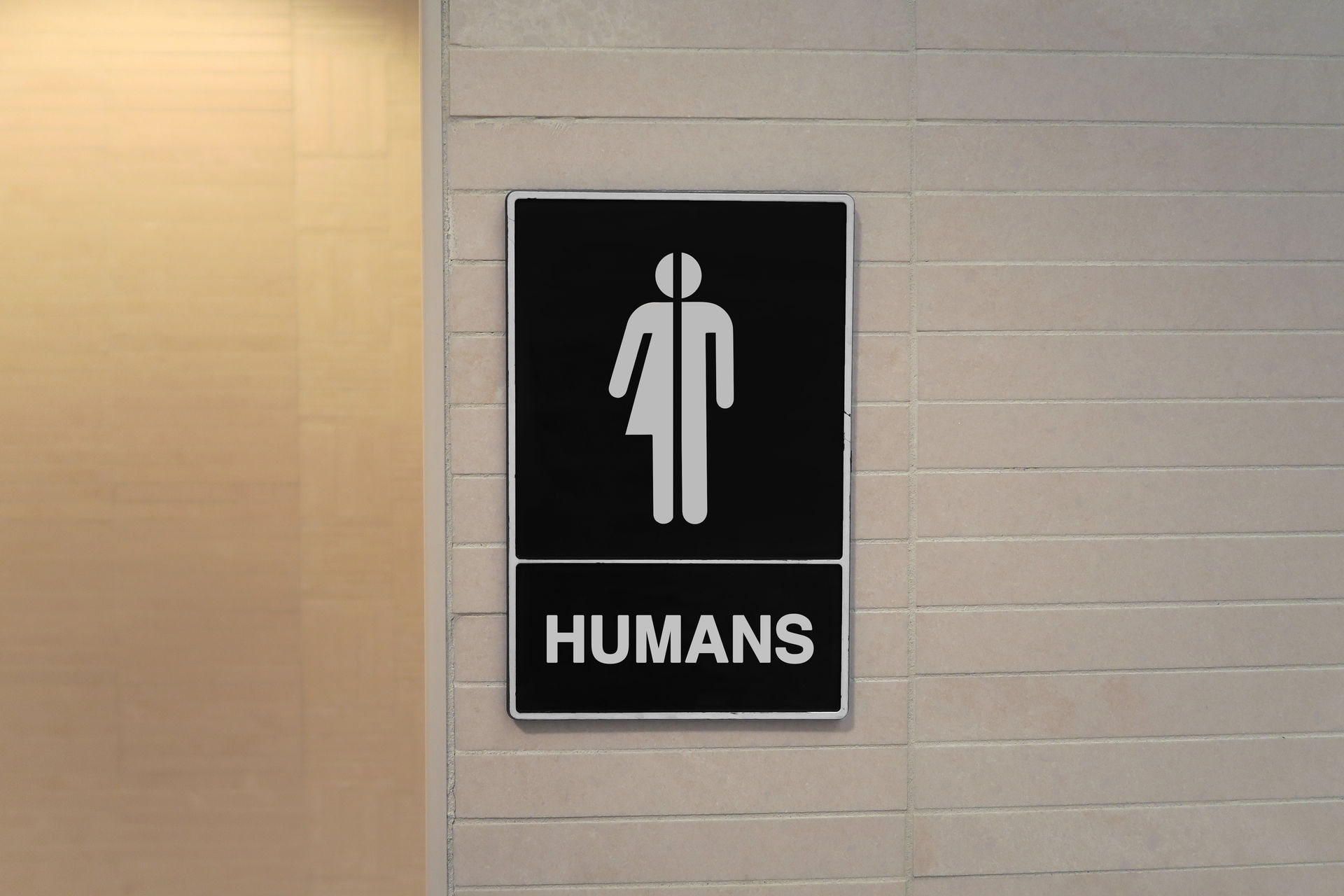Not every person is the same and it’s important to recognise and accept other people’s differences.
When we are born, we are given a gender. If someone is born with a penis and testes, their birth certificate usually says that they are ‘male’. If someone is born with a vulva, their birth certificate usually says they are ‘female’. Through social stereotypes we learn that males and females have specific interests, behaviour, clothing, and attributes.
Sometimes people identify with a gender that is different to the one written on their birth certificate. Someone with a penis and testes can feel female. Someone with a vulva can feel male. Some people feel neither male nor female. Some people feel like both. The gender that a person most closely relates to is called their ‘gender identity’.
Below are some useful terms.
Trans
An umbrella term that includes all gender identities that do not align with a person’s birth assigned sex. It’s important to note that not everyone that this applies to likes to be called Trans.
Intersex
A general term used to refer to people born with physical characteristics that differ from the traditional ideas of male and female.
Genderqueer
Another umbrella term that describes people who identify with neither, both or a combination of gender identities.
Every person who uses the word can mean it a little differently.
If you feel like any of these might describe you, you might be feeling a little confused or even scared. It is important to talk to someone you trust. There are also organisations that offer anonymous telephone counselling like Kids Helpline (1800 55 1800) and QLife (1800 184 527).

 Fun
Fun